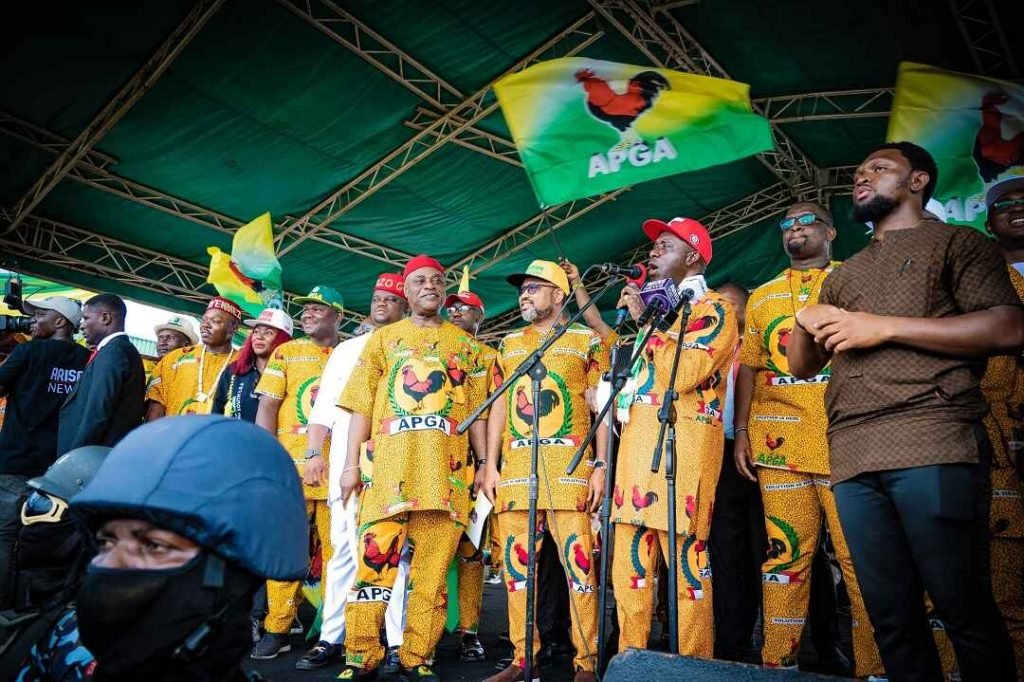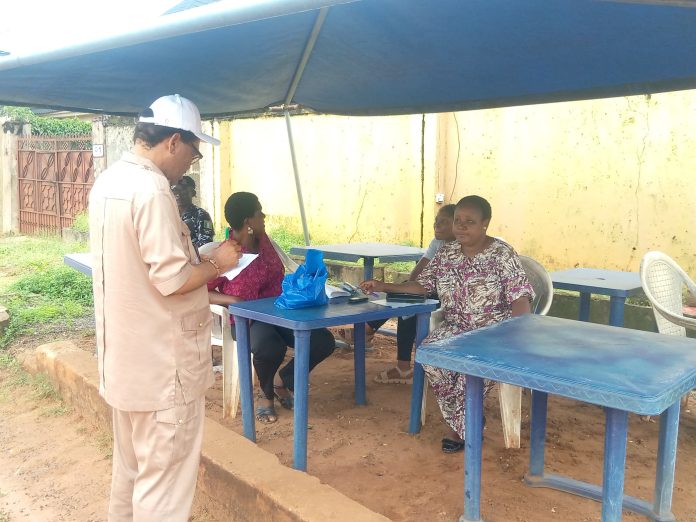For the first time in over a decade, voters in Anambra State are heading to the polls today to elect local government executives.
The last local government election in the state took place in 2013, under former Governor Peter Obi. Since then, successive administrations, including that of current Governor Charles Soludo, have managed local councils through caretaker committees.
This practice was halted by a recent Supreme Court ruling mandating that only elected officials could oversee local councils.
Eight political parties, including the ruling All Progressives Grand Alliance (APGA), Labour Party (LP), and the All Progressives Congress (APC), are on the ballot.
However, the opposition APC and LP have boycotted the election, citing insufficient preparation time, poor planning, and biased state electoral laws. APC’s state chairman, Chief Basil Ejidike, called the election a “planned sham,” while the Labour Party described it as “ill-conceived.”
Notwithstanding, Governor Soludo said the election will go on and expressed confidence that APGA would secure a sweeping victory, boasting that his party had already won four chairmanship seats unopposed in off-season elections.
There have been reports of low turnout in areas like Onitsha. Many residents chose to continue their daily activities rather than vote, perhaps disillusioned with the electoral process. Commercial drivers, including Keke and Okada riders, as well as traders, largely ignored the movement restrictions.
Some online comments from Anambrarians suggest little confidence among citizens that votes will count. In several voting locations, there were reports of the absence of electoral officers and, in other areas, missing voting materials due to poor logistics planning.

Despite these challenges, some voters, ostensibly supporters of certain candidates, made a show of their participation to legitimize the process and its eventual outcome.
In Nigeria, local government elections are managed by state governments, which often have vested political interests in ensuring that the governor’s party members occupy the important seats in Nigeria’s constitutional third tier of government.
More often than not, the ruling party sweeps the polls, as Prof. Soludo is already predicting.
Another important local government election to watch is on November 5, in the troubled Rivers State.
Comment, Like 👍, share this article, and Follow us on our social media handles.








